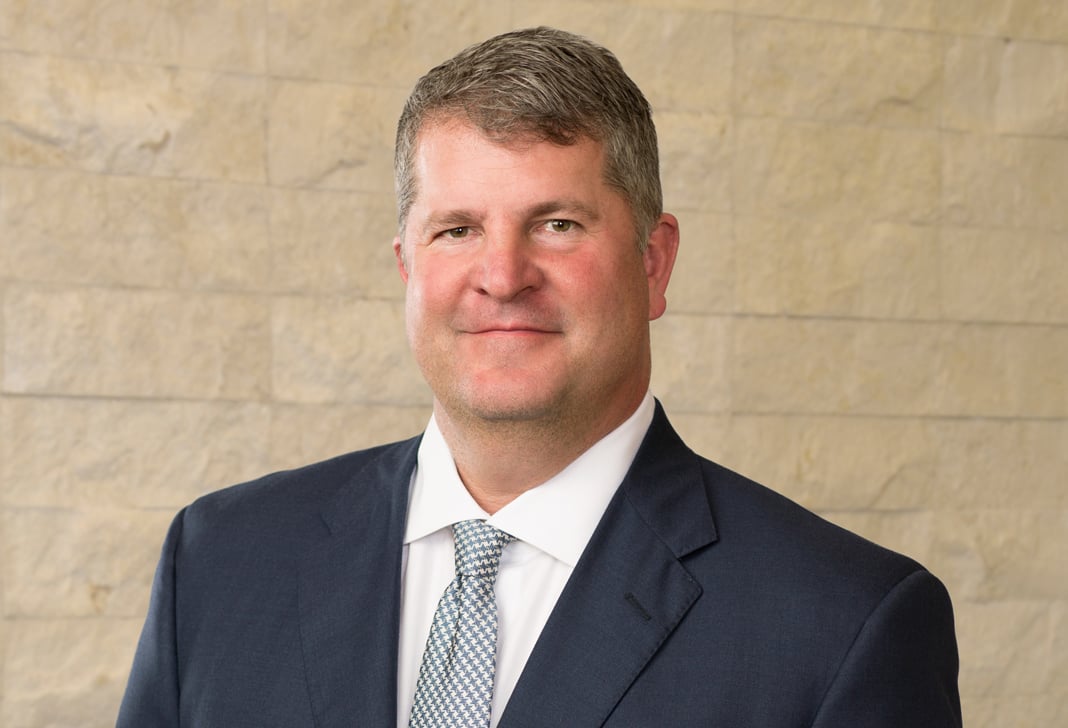
Ninth Circuit Permits Education-Related Benefits but Rejects Student-Athletes' Bid for Payments Akin to Salaries
While NCAA rules that prohibit pay-for-play serve a procompetitive purpose by preserving consumer demand for college sports, national limits on education-related benefits violate antitrust law.
The National Collegiate Athletic Association ("NCAA") may not limit universities from providing non-cash, education-related benefits to student-athletes, the U.S. Court of Appeals for the Ninth Circuit ruled on May 18, 2020. Significantly, however, the court upheld NCAA rules that prohibit cash payments "akin to professional salaries" because they serve a procompetitive purpose by preserving the popularity of college sports as "a product distinct from professional sports."
The opinion in In re: NCAA Grant-in-Aid Cap Antitrust Litigation (also known as Alston) arises from lawsuits brought in 2014 by Division I football and basketball student-athletes alleging that the NCAA and 11 athletic conferences violated antitrust law by fixing the price of scholarships and other benefits. NCAA rules that prohibit pay-for-play payments are permissible, the court reasoned, because they help maintain a distinction between college and professional sports. But rules prohibiting education-related benefits do nothing to further that purpose, and if anything, competition among schools to offer such benefits reinforces consumers' perception of student-athletes as students.
The court found that U.S. District Judge Claudia Wilken "struck the right balance" by permitting schools to offer certain education-related benefits ranging from computers and science equipment to post-eligibility scholarships and internships. The ruling also permits schools to provide academic or graduation awards up to an aggregate amount of $5,600, subject to adjustment by the NCAA. The court addressed the NCAA's slippery slope concerns that educational benefits could become "vehicles for payments," clarifying that schools may provide only benefits related to "legitimate education-related costs," not luxury cars or expensive musical instruments for non-music majors.
Importantly, schools are not required to offer these new categories of education-related benefits, a noteworthy consideration given the financial pressures that university athletic departments are facing due to the COVID-19 crisis. And while the court's decision invalidates NCAA restrictions at a national level, individual conferences remain free to set their own regional limits on education-related benefits.
In affirming District Judge Wilken's decision, the court rejected both the NCAA's appeal to maintain all of its existing compensation rules and the student-athletes' cross-appeal seeking to eliminate all NCAA limits on any type of compensation. The court also acknowledged California's recent Fair Pay to Play Act, which opens the door for student-athletes to monetize their name, image, and likeness ("NIL") rights beginning in 2023. To date, similar laws have been introduced by more than 30 states. The court, however, did not opine on either the enforceability of such laws or the merits of the NCAA's plan to adopt rule changes that would permit NIL benefits only if they are tethered to education. Those issues, instead, will likely be the subject of future litigation as the battle between the NCAA and student-athletes seeking compensation for their athletic services wages on.



